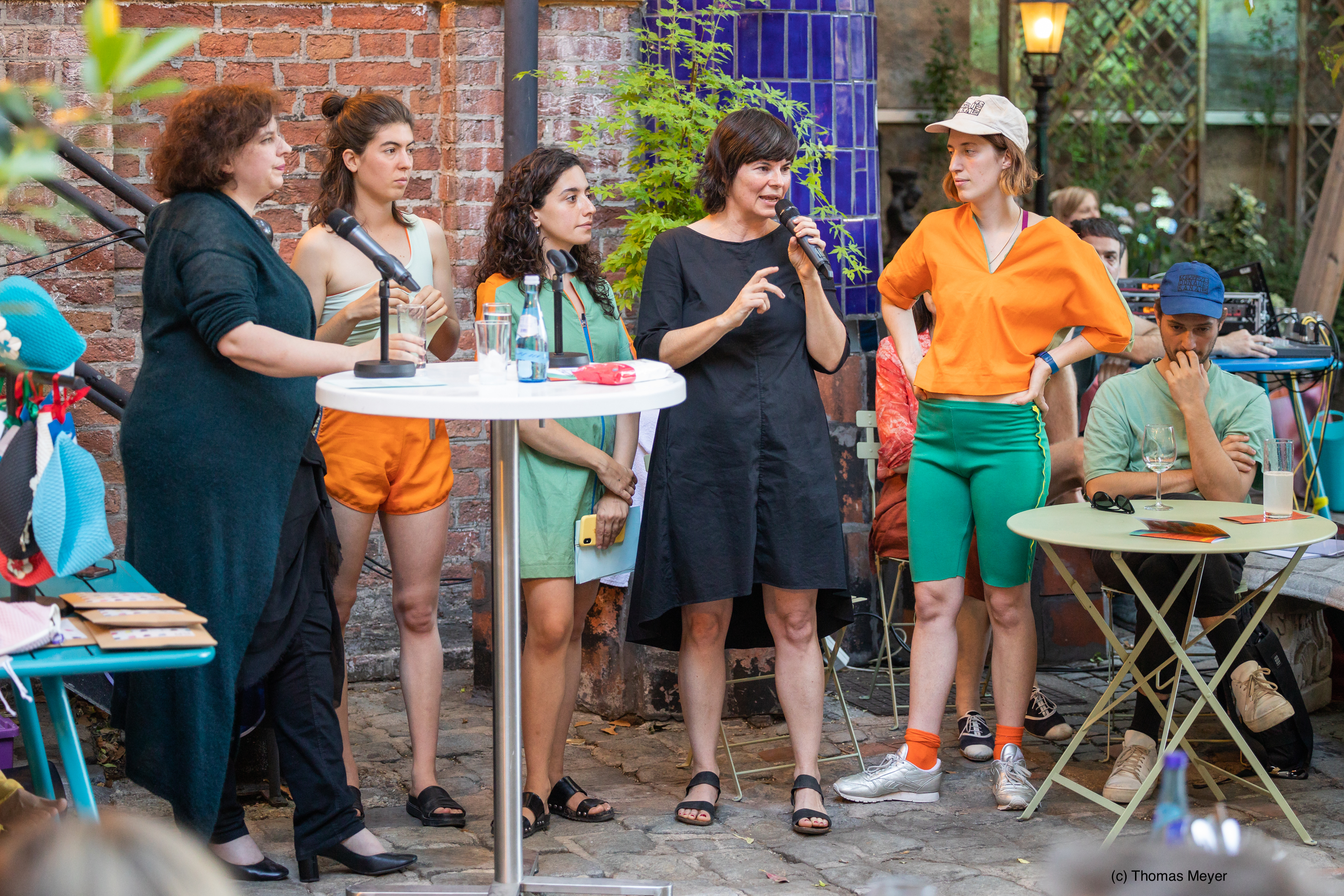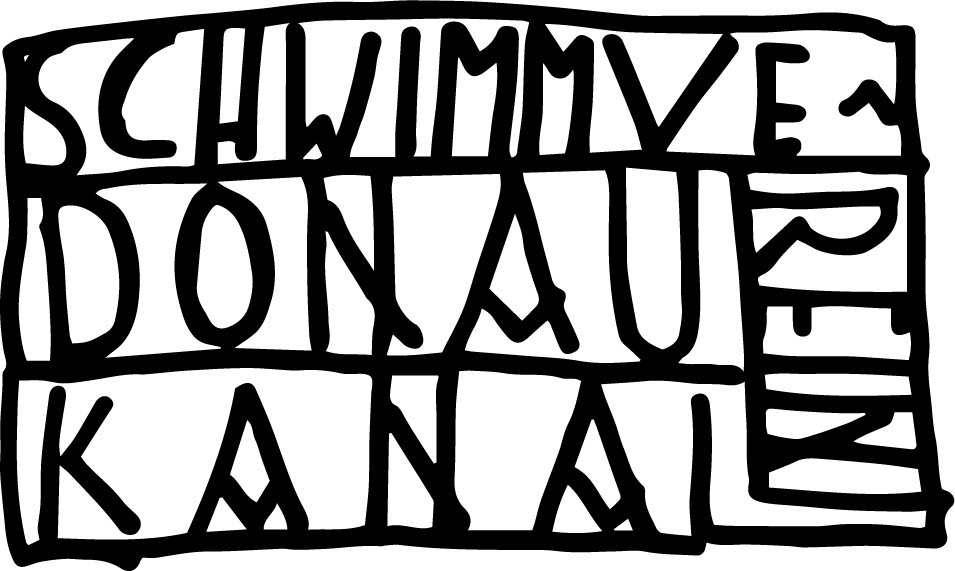

23. Juli 2020
Everyday Tourism Talk
Tourism, in its conventional sense, is defined as the process of spending time away from home in the pursuit of recreation, relaxation and pleasure. In the times of the current epidemic, we have a unique opportunity to re-think the practice of commercial, mass tourism and the effects it has on the city planning and life quality of city-dwellers (locals). As Schwimmverein Donaukanal is a local initiative, encouraging the Viennese to re-think and re-use the close-by urban environment for recreational purposes, it is important to discuss the project in the context of nanotourism and wider sense of city planning.
Jakob Travnik is a researcher and architect from TU Vienna, focusing in his research and practice on critical re-evaluation of tourism. In our fruitful discussion, he presented the analysis of Schwimmverein Donaukanal according to the nanotourism theoretical framework that comprises nine pillars.
The discussion was joined by Petra Stolba from Austrian Tourism Agency - she highlighted the importance of creating good places for all, public and commercial spaces that serve for both the locals and visitors.
The urbanist and architect - Susan Kraupp has worked on the topic of the Donaukanal development and is responsible for designing the invisible tools and processes that make the Donaukanal an inclusive, multifunctional public space. Kraupp highlighted the importance of bottom-up initiatives, such as Schwimmverein Donaukanal, for the development of the city of Vienna. However, for Kraupp, the role of top-down planning and the involvement of the city structures and experts remain vital in a holistic process of city-planning. Schwimmverein Donaukanal is a Social Design project - the playful, inventive and participatory nature of the project highlights the need for inclusion of social design in the urban and rural planning processes. Social Design could gain bigger importance in this context, for its ability to close the gaps in between the top-down and bottom-up approaches.
Photo credits: Thomas Meyer/Kunst Haus Wien 2020
Jakob Travnik is a researcher and architect from TU Vienna, focusing in his research and practice on critical re-evaluation of tourism. In our fruitful discussion, he presented the analysis of Schwimmverein Donaukanal according to the nanotourism theoretical framework that comprises nine pillars.
The discussion was joined by Petra Stolba from Austrian Tourism Agency - she highlighted the importance of creating good places for all, public and commercial spaces that serve for both the locals and visitors.
The urbanist and architect - Susan Kraupp has worked on the topic of the Donaukanal development and is responsible for designing the invisible tools and processes that make the Donaukanal an inclusive, multifunctional public space. Kraupp highlighted the importance of bottom-up initiatives, such as Schwimmverein Donaukanal, for the development of the city of Vienna. However, for Kraupp, the role of top-down planning and the involvement of the city structures and experts remain vital in a holistic process of city-planning. Schwimmverein Donaukanal is a Social Design project - the playful, inventive and participatory nature of the project highlights the need for inclusion of social design in the urban and rural planning processes. Social Design could gain bigger importance in this context, for its ability to close the gaps in between the top-down and bottom-up approaches.
Photo credits: Thomas Meyer/Kunst Haus Wien 2020
